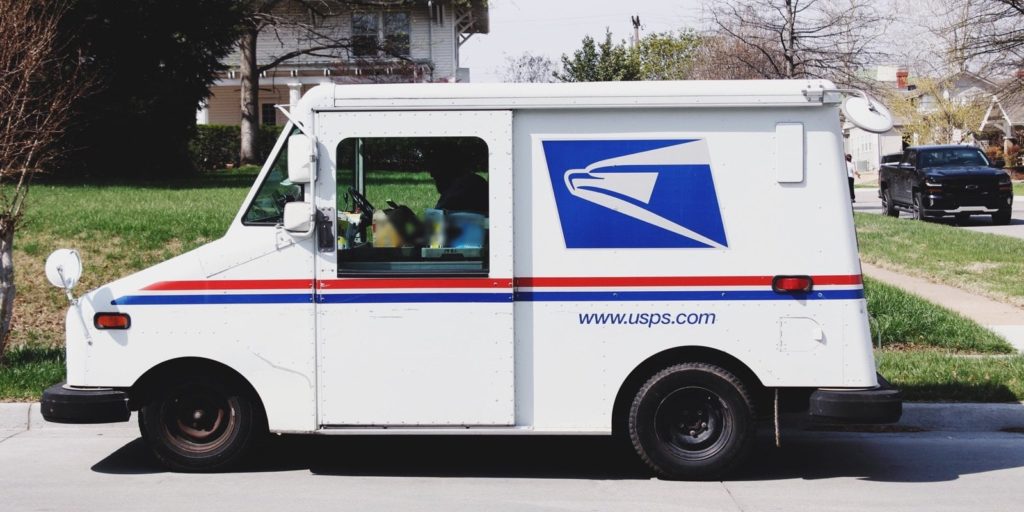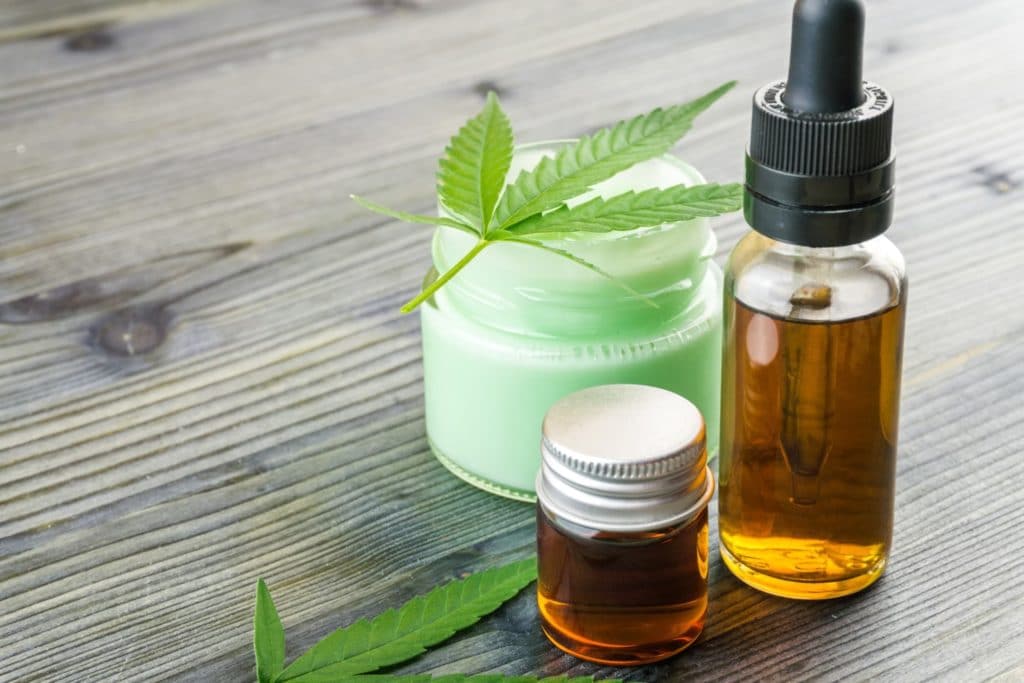Read Time: 3:00
When people learn that I’m a writer for the cannabis community, they frequently ask me whether it’s legal to mail CBD to friends and family. It generally goes something like this: “Evelyn” uses CBD oil and a balm made from hemp to help with her arthritis inflammation. Her sister can’t buy it in her small Idaho town and she’s not online, so Evelyn mails a tincture bottle to her every other month. “CBD is legal now, so it’s not a problem, right?” I always say that I’m not an attorney and can’t give legal advice, so the information I share is for educational purposes only. Technically, according to the U.S. Postal Service guidelines, because Evelyn is not licensed to ship hemp-based CBD products, she’s violating USPS regulations. If Evelyn sent a product that she bought in a cannabis dispensary and it contains THC (the compound in the traditional cannabis plant that gets you “high”), she could be subject to up to one year in federal prison and a fine of up to $250,000, even for a small amount of cannabis. The lesson? DON’T EVER mail traditional cannabis and don’t mail products made from hemp unless you’re a legally compliant company.
Can CBD Companies Ship Products Legally?
The answer is, it depends. A federal appeals court decision in January 2019 forced the USPS to allow mailing hemp-based CBD products that contain less than .03% THC. But this only applies to licensed companies who are compliant with the 2014 Farm Act and the Hemp Farming Act of 2018 signed into law last December. The HFA allows licensed companies to grow hemp as long as the plant contains less than .03% THC. The CBD oil extracted from the plant is then processed into tinctures, lotions, balms, capsules, and vapes. Since these products contain only trace amounts of THC they are now legal under federal law. But again, this does not mean that people like Evelyn can mail CBD products because she’s not licensed to do so. What’s more, different state laws also come into play which affects the legality of hemp products. Here’s a quote from Idaho’s Attorney General: “In sum, unless an oil extract contains no THC and is excluded from the definition of “marijuana” under Idaho Code § 37-2701 (t)…, such oil is a controlled substance in Idaho.” That’s perfectly clear, right? This is a good example of why reputable CBD companies pay massive attorney bills.
A Work in Progress
Following the court’s earlier decision, in March, the USPS issued the current guidelines for hemp-based CBD companies stating that “some CBD products derived from industrial hemp can be mailable under specific conditions.” The main element of confusion is that one the one hand, the current USPS rules still rely on the previous law ⎼ the Hemp Farming Act of 2014. On the other hand, the 2018 HFA greatly expanded the number of companies that can legally create and ship hemp-based CBD products. Eventually, the Dept. of Agriculture will develop long term regulations based on the 2018 HFA. In an April 2 statement, the outgoing FDA Commissioner urged caution in moving forward, especially for CBD products making certain health claims.
What Companies Should Know About Shipping CBD Products
The new USPS guidelines have three main requirements:
“1. The package must contain a signed self-certification statement, subject to the False Statements Act. Statements must be printed on the mailer’s own letterhead, must be signed by the mailer, and must include the text “I certify that all information furnished in this letter and supporting documents are accurate, truthful, and complete. I understand that anyone who furnishes false or misleading information or omits information relating to this certification may be subject to criminal and/or civil penalties, including fines and imprisonment.
2. The industrial hemp producer possesses a license issued by the Department of Agriculture, for the state where the Post Office/acceptance unit is located, which includes documentation identifying the producer by name and showing the mailer is authorized by the registered producer to market products manufactured by that producer.
3. The industrial hemp, or products produced from industrial hemp, contains a delta-9 THC concentration of not more than 0.3% on a dry weight basis.”
Much like tech, the CBD industry is moving faster than the law but the government will eventually catch up. The bottom line is there’s a risk for individuals to mail or ship CBD products of any kind. This may eventually change, but for now, the smart move is to play it safe because the costs of shipping could be very expensive.
Karl Phillips writes about the cannabis community from Los Angeles, CA.




